Buy Truvada (emtricitabine / tenofovir disoproxil) Online For Sale
$723.00
DISEASE INDICATIONS:
HIV/AIDS
MANUFACTURER:
Gilead Sciences International Limited
USAGE:
Oral
MEDICINE APPROVED BY:
European Medical Agency (EMA)
Food and Drug Administration (FDA)
Therapeutic Goods Administration (TGA)
Truvada is a combination medication used with other antiviral medicines for treating or preventing HIV-1 infection.
Truvada (emtricitabine / tenofovir disoproxil) is a medication used in combination with at least one other antiviral medicine for the treatment of human immunodeficiency virus type 1 (HIV-1) infection or prevention (PrEP). HIV-1 is a retrovirus that attacks and compromises the immune system, making individuals more vulnerable to infections and diseases. Truvada is an antiretroviral medication that works by blocking the reverse transcriptase enzyme, the enzyme responsible for the replication of HIV-1 within the body.
Truvada is a combination of two antiretroviral medications, emtricitabine and tenofovir disoproxil. Emtricitabine is a nucleoside reverse transcriptase inhibitor (NRTI) that works by blocking the reverse transcriptase enzyme, while tenofovir disoproxil is a nucleotide reverse transcriptase inhibitor (NtRTI) that works by inhibiting the replication of HIV-1.
Truvada is also used as pre-exposure prophylaxis (PrEP) for individuals who are at high risk of acquiring HIV-1. In this case, Truvada is taken once daily by individuals who are HIV-negative to prevent the transmission of the virus from an HIV-infected sexual partner. Clinical studies have shown that Truvada, when taken consistently, can significantly reduce the risk of acquiring HIV-1.
The recommended dose of Truvada for HIV-1 treatment is one tablet (emtricitabine 200 mg / tenofovir disoproxil fumarate 300 mg) taken orally once daily, in combination with at least one other antiretroviral medication. For PrEP, the recommended dose is one tablet (emtricitabine 200 mg / tenofovir disoproxil fumarate 300 mg) taken orally once daily, to be initiated only after negative HIV-1 test results are confirmed.
Truvada is generally well-tolerated, but like all medications, it can cause side effects. Common side effects include nausea, vomiting, diarrhea, headache, dizziness, and fatigue. Some patients may also experience more severe side effects such as kidney problems or decreased bone density. It is important for patients to report any adverse reactions to their healthcare provider and ensure that they are following all recommended guidelines for use.
Truvada is an important treatment option for individuals living with HIV-1 and for those at high risk of acquiring the virus. It has been shown to be highly effective in reducing the viral load in HIV-1 positive individuals and significantly reducing the risk of acquiring HIV-1 in HIV-negative individuals. As with all medications, it is important for patients to discuss potential benefits and risks with their healthcare provider and ensure that they are following all recommended guidelines for use.
In conclusion, Truvada (emtricitabine / tenofovir disoproxil) is an antiretroviral medication used in combination with at least one other antiviral medicine for the treatment of human immunodeficiency virus type 1 (HIV-1) infection or prevention (PrEP). It works by blocking the reverse transcriptase enzyme responsible for the replication of HIV-1 within the body. Truvada is generally well-tolerated, but like all medications, it can cause side effects such as nausea, vomiting, diarrhea, headache, and fatigue. It is recommended that patients report any adverse reactions to their healthcare provider and follow all recommended guidelines for use. Nonetheless, Truvada is an important treatment option for individuals living with HIV-1 and those at high risk for acquiring the virus.
| Package | 30 tablets of 200 mg/245 mg |
|---|
3 reviews for Buy Truvada (emtricitabine / tenofovir disoproxil) Online For Sale
Add a review Cancel reply
Related products
Dermatology
Infectiology
Infectiology
Infectiology
Infectiology
Infectiology


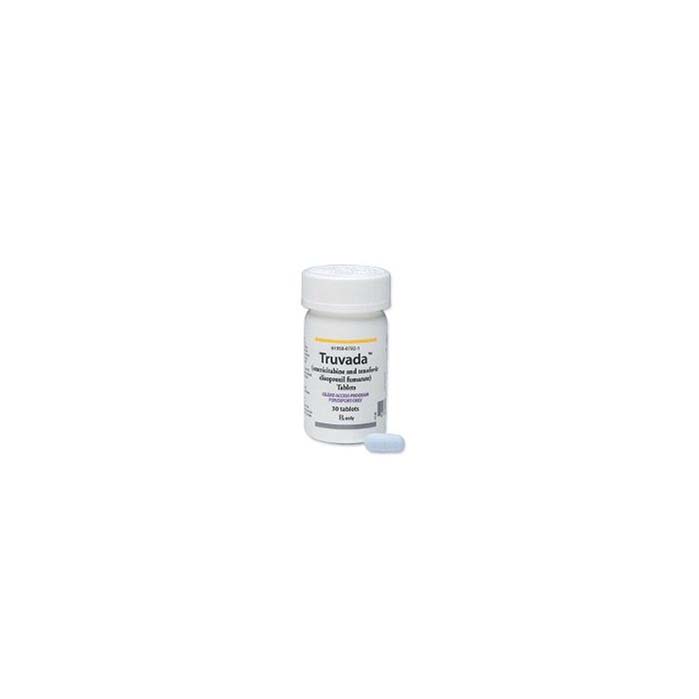

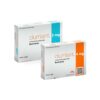
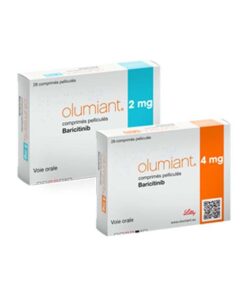
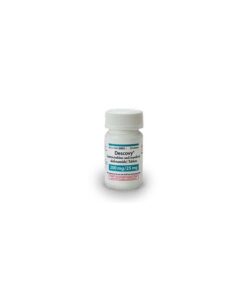
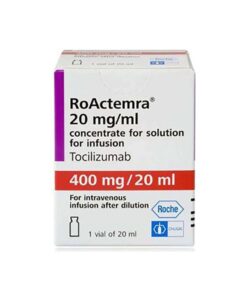
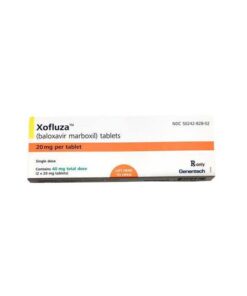
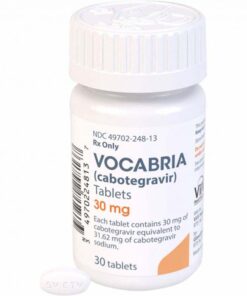
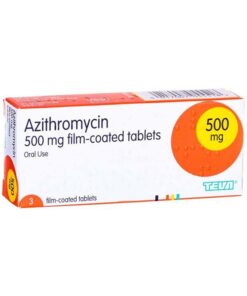
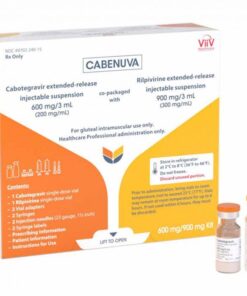
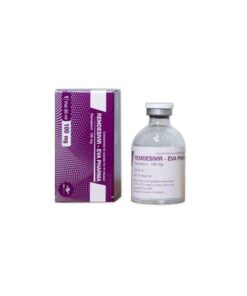
Dr. Sarah M. –
As an infectious disease specialist, I often prescribe Truvada for PrEP. It’s one of the most effective tools we have to prevent HIV infection, and patient adherence tends to be excellent due to its tolerability and convenience. Truvada continues to be a cornerstone in HIV prevention efforts.
Jamie L. –
My doctor recommended Truvada as PrEP, and it’s been straightforward to take every day. I appreciate the extra layer of protection it provides. I haven’t experienced any side effects, and it’s helped me feel more secure in my relationships. Highly recommend for anyone at risk.
Alex_P –
Truvada has been a crucial part of my HIV prevention plan. Knowing I have an effective medication that significantly lowers my risk allows me to live with peace of mind and confidence. I’ve had no major side effects, and the once-daily pill fits easily into my routine.